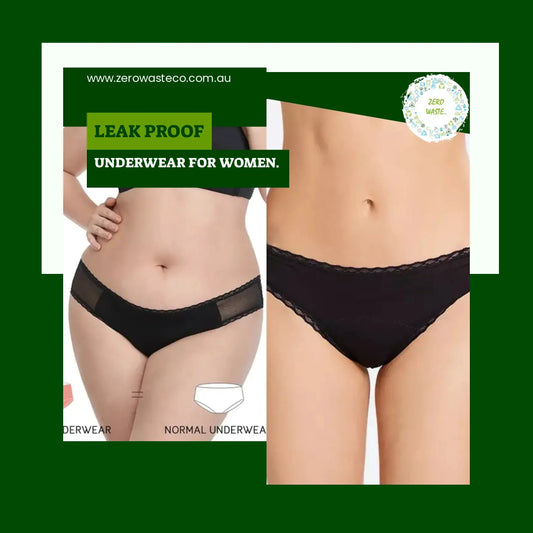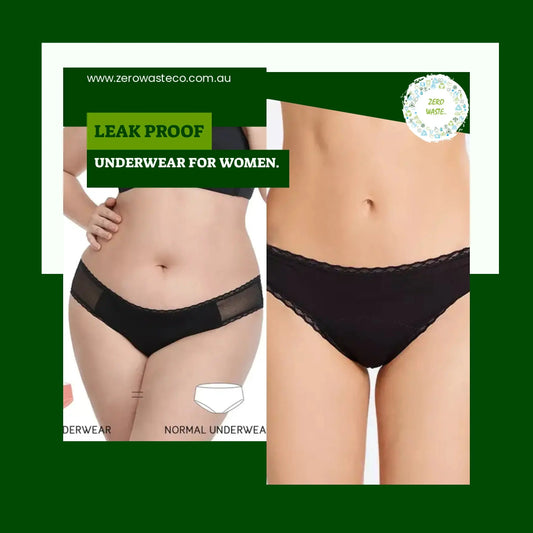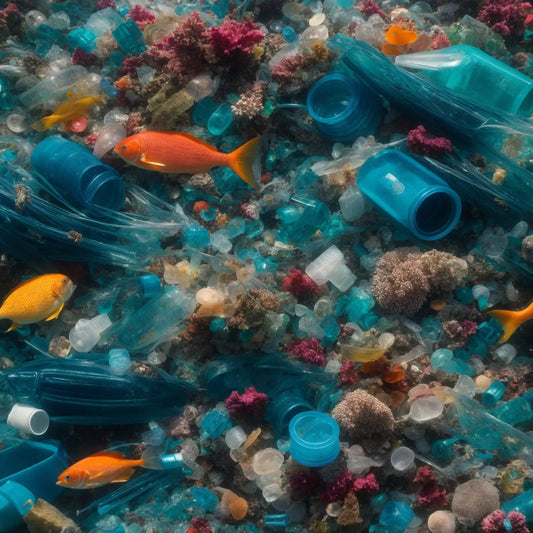The Silent Threat: How Soft Plastics Are Poisoning Our Planet and Our Bodies
Soft plastics, those ubiquitous materials that wrap our food, cushion our packages, and provide convenience in our daily lives, have become a silent threat to our environment and health. While seemingly innocuous, these materials are slowly but surely leaching microplastics into our ecosystems and ultimately, into our bodies.
The Perils of Microplastics
Microplastics are tiny plastic particles less than 5 millimeters in size. They are invisible to the naked eye, making them even more insidious. These particles are released into the environment through various sources, including the breakdown of larger plastic items, industrial processes, and even our clothing. Soft plastics, due to their inherent flexibility, are particularly prone to fragmenting into microplastics.
Environmental Devastation
The impact of microplastics on the environment is devastating. They accumulate in our oceans, lakes, and soil, polluting ecosystems and harming wildlife. Marine animals mistake them for food, leading to ingestion and starvation. Microplastics can also absorb harmful pollutants, concentrating toxins in food chains.
The Health Risks
The dangers of microplastics extend beyond the environment to our own health. Studies have shown that microplastics can enter our bodies through food, water, and even the air we breathe. Once inside, they can accumulate in organs and tissues, potentially disrupting hormonal balance, causing inflammation, and even increasing the risk of certain diseases.
The Need for Action
The threat of microplastics is a global concern, demanding immediate action. We need to address this issue at multiple levels:
-
Reduce Plastic Consumption: Choose reusable alternatives to single-use plastics, especially soft plastics.
-
Proper Waste Management: Dispose of plastic waste responsibly and recycle whenever possible.
-
Promote Sustainable Alternatives: Support research and development of biodegradable and compostable plastics.
-
Government Regulation: Enforce stricter regulations on plastic production and disposal, including limits on microplastic release.
Conclusion
The pervasive nature of soft plastics and their insidious transformation into microplastics pose a significant threat to our planet and our well-being. By understanding the dangers and taking proactive steps to reduce our dependence on these materials, we can protect our environment and safeguard our health for generations to come.
It's time to break the silence. Let's raise awareness about the microplastic crisis and work together to find sustainable solutions for a healthier planet and a healthier future.

















0 comments